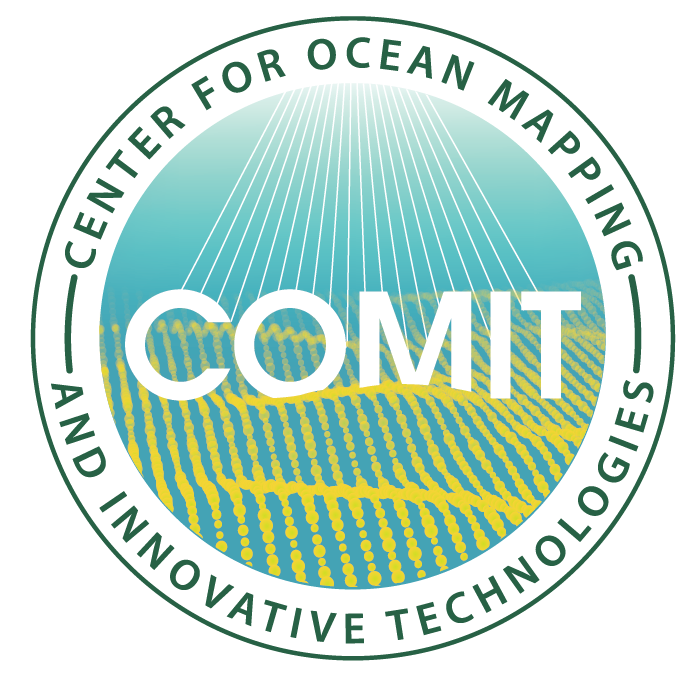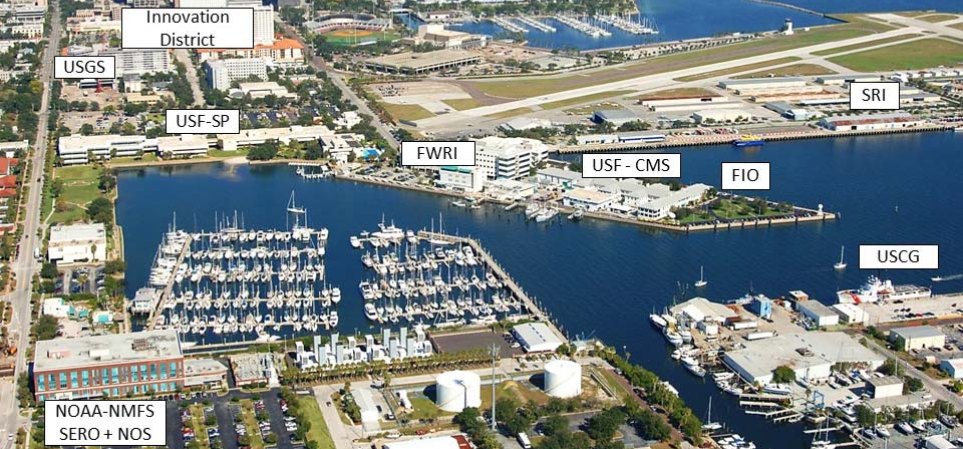
An Ideal Location
The City of St. Petersburg is not only host to COMIT’s home institution, the USF College of Marine Science (CMS), but multiple federal and state environmental research and operational agencies, including the USGS St. Petersburg Coastal Science Center, the National Oceanic and Atmospheric Administration (NOAA) National Marine Fisheries Service Southeast Regional Office, the US Coast Guard, the Florida Fish and Wildlife Research Institute (FWRI), the Florida Institute for Oceanography (FIO), and the Tampa Bay Estuary Program, among others. Together with the CMS, these agencies and institutions make St. Petersburg one of the largest marine science research complexes in the southeastern US. The newly established St. Petersburg Innovation District brings together the marine and life sciences, business incubation, communications, and higher education communities to promote economic development and collaborative research. It is within this interdisciplinary environment that COMIT will find support and thrive off of the innovative, impactful work being done by others in this region.
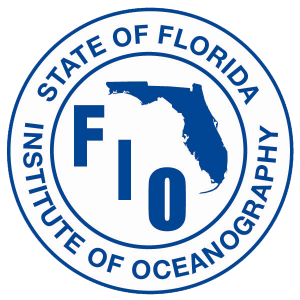
Florida Institute of Oceanography
The Florida Institute of Oceanography (FIO) is housed at the College of Marine Science, in the same building as the COMIT program. The FIO is comprised of 30 academic, agency and private research entities involved in marine research in Florida. FIO’s main missions are to operate a fleet of oceanographic research vessels (R/V Weatherbird II and R/V William T. Hogarth) and to operate the Keys Marine laboratory, in Marathon, FL. The research vessels are capable of, and currently support, integrated ocean and coastal mapping and associated ecological studies throughout the Gulf of Mexico and South Atlantic. They also support a number of collaborative projects with USF-CMS and NOAA. With respect to support for research vessels, the adjacent pier face serving the COMIT site has a control water depth of 23 feet, considerably deeper than the maximum draft of any of the NOAA research vessels operating in the Southeast. There is adequate pier space and co-located logistics facilities (lay down, shops, repair facilities, suppliers) for COMIT to operate its supporting vessels (from FIO and elsewhere) out of St. Petersburg-Bayboro Harbor on a temporary or permanent basis, as circumstances arise.
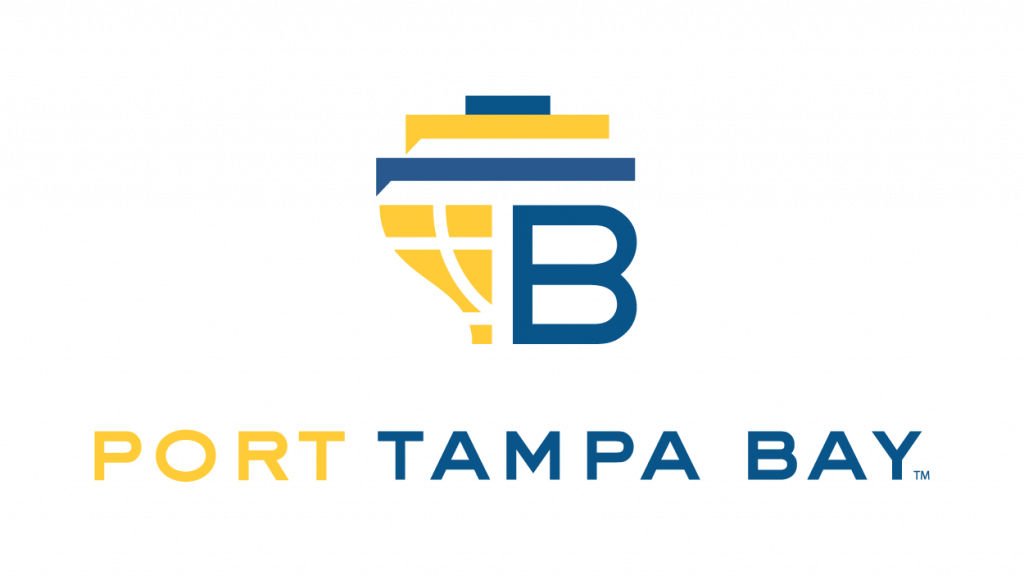
Port of Tampa & Tampa Bay Pilots
The Port of Tampa Bay is a major terminal for bulk and liquid transshipment and supports a cruise line industry of serving over one million passengers per year. Safe navigation to the upper reaches of Tampa Bay is done through a relatively narrow series of channels with control depths of ~45’. The Tampa Bay Pilots have a close relationship with CMS and routinely utilize the PORTS® system, particularly the tide and wave information from a real-time wave buoy at the entrance to Tampa Bay. Because of the urban setting and relatively congested traffic in the upper bay, it represents a particular challenge should severe weather result in substantial port destruction. As such, the Port of Tampa makes an excellent test bed for development of technologies that can be used for port-centric disaster recovery. As part of this Center, we are working with the Port of Tampa to investigate appropriate mapping technologies and conduct exercises with the Port and Pilots to develop and evaluate disaster response procedures.
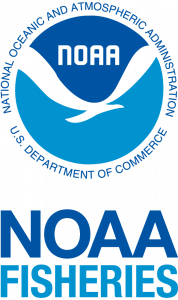
NOAA National Marine Fisheries
NOAA’s Southeast Regional Office (SERO) is the main management arm of the National Marine Fisheries Service (NMFS) in the Southeast Region. It is comprised of a regional Administrator (currently Dr. Roy Crabtree) and various offices devoted to Sustainable Fisheries, Habitat Conservation, Protected Species, and other critical management functions. The SERO also houses various NOS programs including the regional headquarters for the Office and Response and Restoration (OR&R), and the Estuarine Research Reserve (ERR) program. Co-location of the COMIT program with NOAA facilities in Tampa Bay provides close coordination for both research priorities and in responding to oceanographic hazards and disasters.
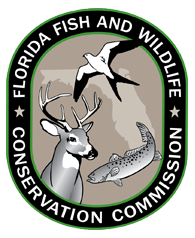
Florida Fish and Wildlife Research Institute
The Florida Fish and Wildlife Research Institute facility in St. Petersburg is the major research entity in the State of Florida involved with fishery stock assessment and protected species science support. FWRI biologists perform fish stock assessments for important species such as red snapper, red grouper, and other managed species. As well, FWRI scientists conduct sea turtle, marine mammal, and coastal habitat research all which use high-resolution multibeam and side-scan sonar for surveying coastal regions. Co-location of COMIT with FRWI provides important collaborations in studying bathymetry, coastal oceanography, and harmful algal blooms (such as red tides).
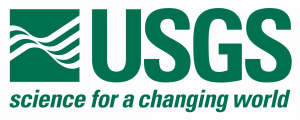
United States Geological Survey
The USGS Coastal and Marine Science Center, located adjacent to the University of South Florida – St. Petersburg campus, supports over 100 researchers dedicated to studying coastal processes related to resource sustainability, coastal resiliency and climate change. The Center’s focus is on coastal hazards and changes, directly related to marine habitat dynamics and health. Many opportunities exist for collaborations related to the estuarine and coastal habitats scientific missions of the USGS Center and objectives of COMIT.

St. Petersburg's Downtown Partnership
The City of St. Petersburg supports a vibrant marine science community comprised of ~1,200 scientists, technicians and students, employed by state and federal government agencies, academia and private enterprise. Key to the establishment of this community of marine researchers has been the continued engagement of business leaders and public officials within the community who recognize the importance of marine science and the marine environment to the City and region. The St. Petersburg Downtown Partnership has been a critical long-term partner in building St. Petersburg’s Marine Science Complex for over 45 years. The Partnership was established specifically to develop the knowledge-based economy of the City. The Downtown Partnership currently supports numerous graduate student fellowships, an endowed a Chair faculty position at the College of Marine Science, and supports a wide variety of development activities. The Partnership also advocates for marine science issues with various levels of City, County, State and Federal government.
